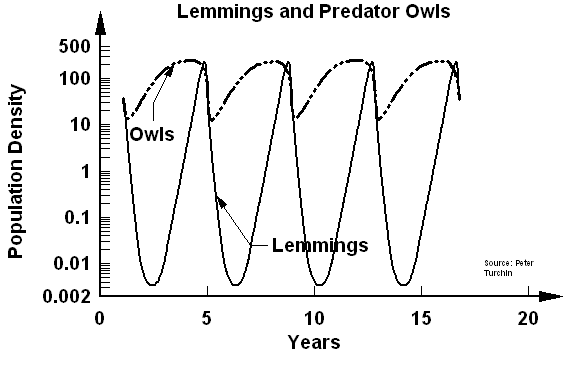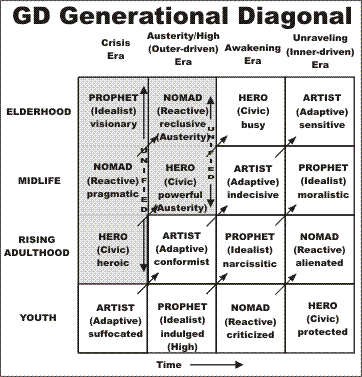Dear Matt,
Thanks again for dealing with Mike's head games, which you do much
better than I do, since you're more patient than I am.
Mike is making a big fuss about the War of the Austrian Succession
and the Seven Years' War as major wars following the War of the
Spanish Succession. My statement about wars after WSS may have been
exaggerated, but it was a slight exaggeration. On the other hand,
Mike is well aware that both of the wars he mentions were mainly
fought in colonial lands, and that the only major European
battlefield was Silesia, which is in Eastern Europe, which is on a
different timeline from Western Europe. Both wars were minor in
Western Europe.
Mike is starting to go on and on again because the crisis war
evaluation algorithm requires some judgment. This is all he can talk
about. He likes to claim that Generational Dynamics is all
judgment, while what he does is completely objective, because it has
to do with numbers.
He has a lot of balls to say something like that, because at his
insistence I wrote the evaluation algorithm to be as "computerlike"
as possible. It may not be perfect, but it's 95% of the way there.
Contrast that to what Mike does. He collects datasets and events and
plugs them into his software and claims that he's proven something.
But he never justifies his choice of events and datasets; he mixes
together datasets that are unrelated; he provides no theoretical
justification for anything.
So if the goal is to swim from New York to France, I'm within sight
of the French beaches, and Mike is on the New York docks.
Mike demands an exact algorithm for me, but he has no algorithm for
what he does. Actually, I'll tell you his algorithm: He looks at an
event or dataset and says, "Does this support the claim that I'm
trying to make? If it does, I keep it; if it doesn't, I throw it
out." Any college student knows what "selection bias" is, and the
lengths you have to go to to avoid it. But it's easy for him,
because he doesn't go to any lengths. The result is that he's never
accomplished anything with what he's done; it's all GIGO (garbage in,
garbage out).
Another of Mike Alexander's claims is that my methodology is
unrelated to Strauss and Howe's methodology and his is. (He backs
this up with completely phony data from the 1600s, but I won't go into
that now.) This is total nonsense. He uses a methodology that he made
up. I use EXACTLY THE SAME METHODOLOGY of Strauss and Howe -- reading
contemporary histories. I have a different interpretation because
I've fully developed the concept of multiple timelines -- a concept
that's almost universally accepted now on these forums -- but S&H
didn't have that available to them in the 1980s.
What Mike is doing for his books would be OK. I don't really care if
that's what he wants to do, though I am jealous that he sells so many
books. But instead of just "live and let live," he keeps launching
these attacks on me, claiming that he's objective and I'm not. It's
all crap. Here's one that he launched a few months ago:
http://www.fourthturning.com/forum/s...031#post166031
I was going to post a response but I didn't bother in the end. I
still have the notes though, so I might change my mind.
I noticed you got a little impatient with him at one point. Don't be
surprised. He already knows the answers to almost all the questions
he asks, but he's getting more and more anxious because he's bet
everything he owns that I'm wrong. In the end it's all head games.
Sincerely,
John
John J. Xenakis
E-mail: john@GenerationalDynamics.com
Web site: http://www.GenerationalDynamics.com
- Join Date
- May 2003
- Location
- Cambridge, MA
- Posts
- 4,010








